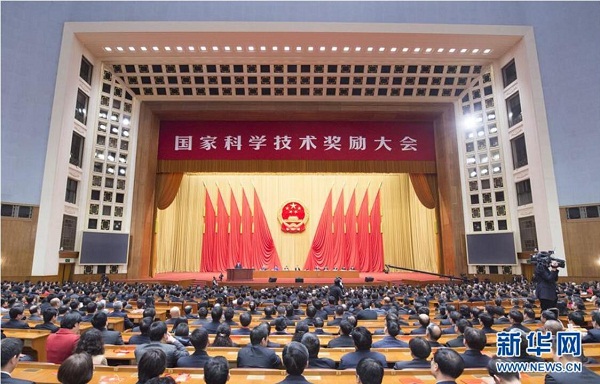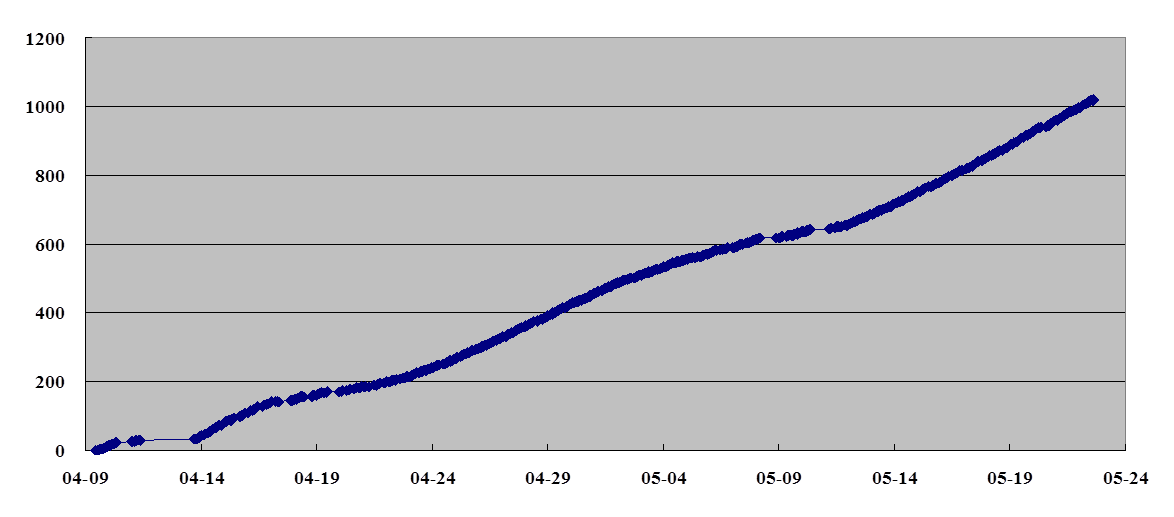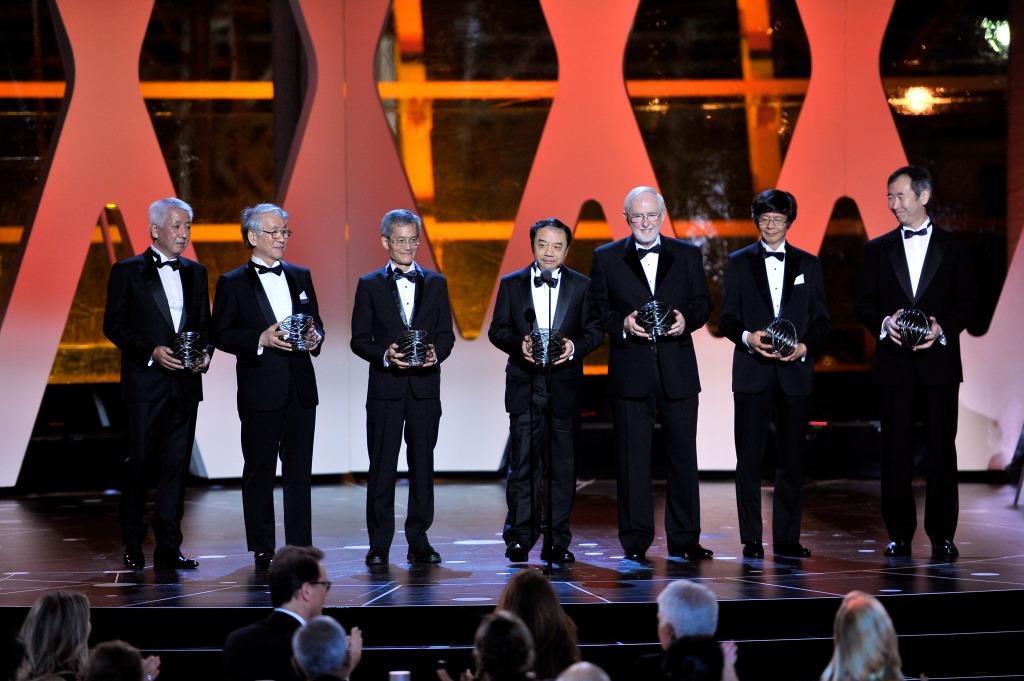Daya Bay Neutrino Experiment and BEPCII Win Top National Science Awards
The Daya Bay Reactor Neutrino Experiment and the Upgrade Project of the Beijing Electron Positron Collider (BEPCII) have been awarded State Science and Technology Awards at the 2016 State Science and Technology Awards Conference, held at the Great Hall of the People, Beijing, on January 9, 2017.
The Daya Bay Reactor Neutrino Experiment won the top prize in the State Natural Sciences Award category, and the BEPCII project the highest award in the National Science and Technology Progress Award category.
Prof. Wang Yifang, Director of IHEP, and Prof. CHEN Hesheng, BEPCII Project Manager, attended the ceremony to receive the prizes from Party and state leaders.
The Daya Bay experiment studies neutrino oscillations and is designed to measure the mixing angle θ13 using antineutrinos produced by the reactors of the Daya Bay Nuclear Power Plant and the Ling Ao Nuclear Power Plant. On 8 March 2012, the Daya Bay collaboration announced discovery of a new kind of neutrino transformation and an accurate measurement of θ13. This significant achievement is regarded as a milestone in neutrino physics research internationally.
BEPCII luminosity reached 3.2×1032cm-2s-1 and passed national acceptance in July 2009. Since then the machine has run successfully for high energy physics experiment data taking. Its performance is efficient and stable at beam energies from 1 to 2.3 GeV. After six and a half years of hard work, BEPCII luminosity reached its design parameters of 1×1033cm-2s-1 at an energy of 1.89 GeV. The improvement of the collision luminosity offers a better chance to discover more physics results in the future. More original research achievements are expected in the field of tau-charm physics.
The State Science and Technology Prizes are the highest honor in science and technology in the People's Republic of China, founded to recognize citizens and organizations who have made remarkable contributions to scientific and technological progress, and to promote the development of science and technology. The Regulations on the State Science and Technology Prizes were enacted by the State Council, who established five State Prizes in science and technology.


